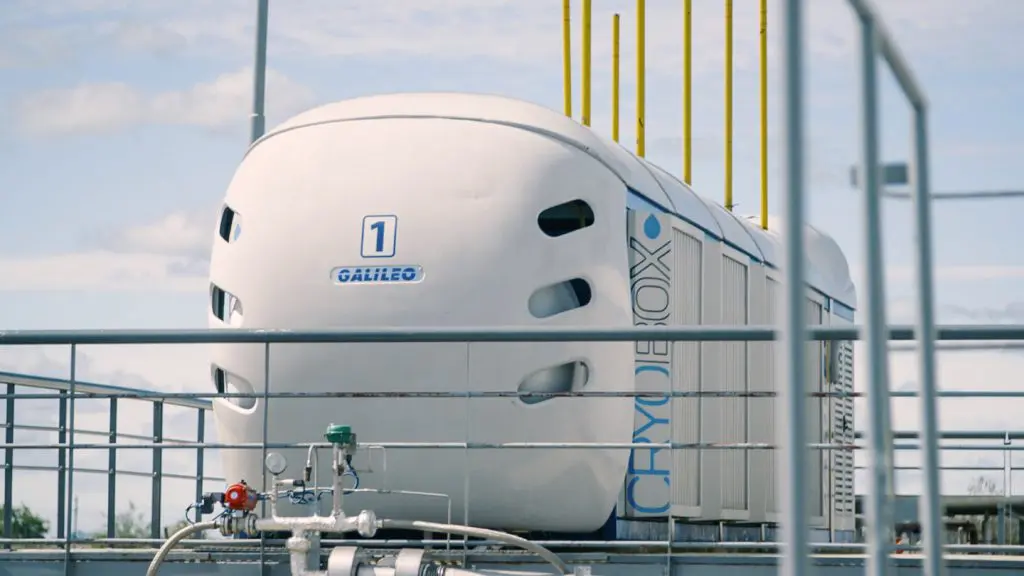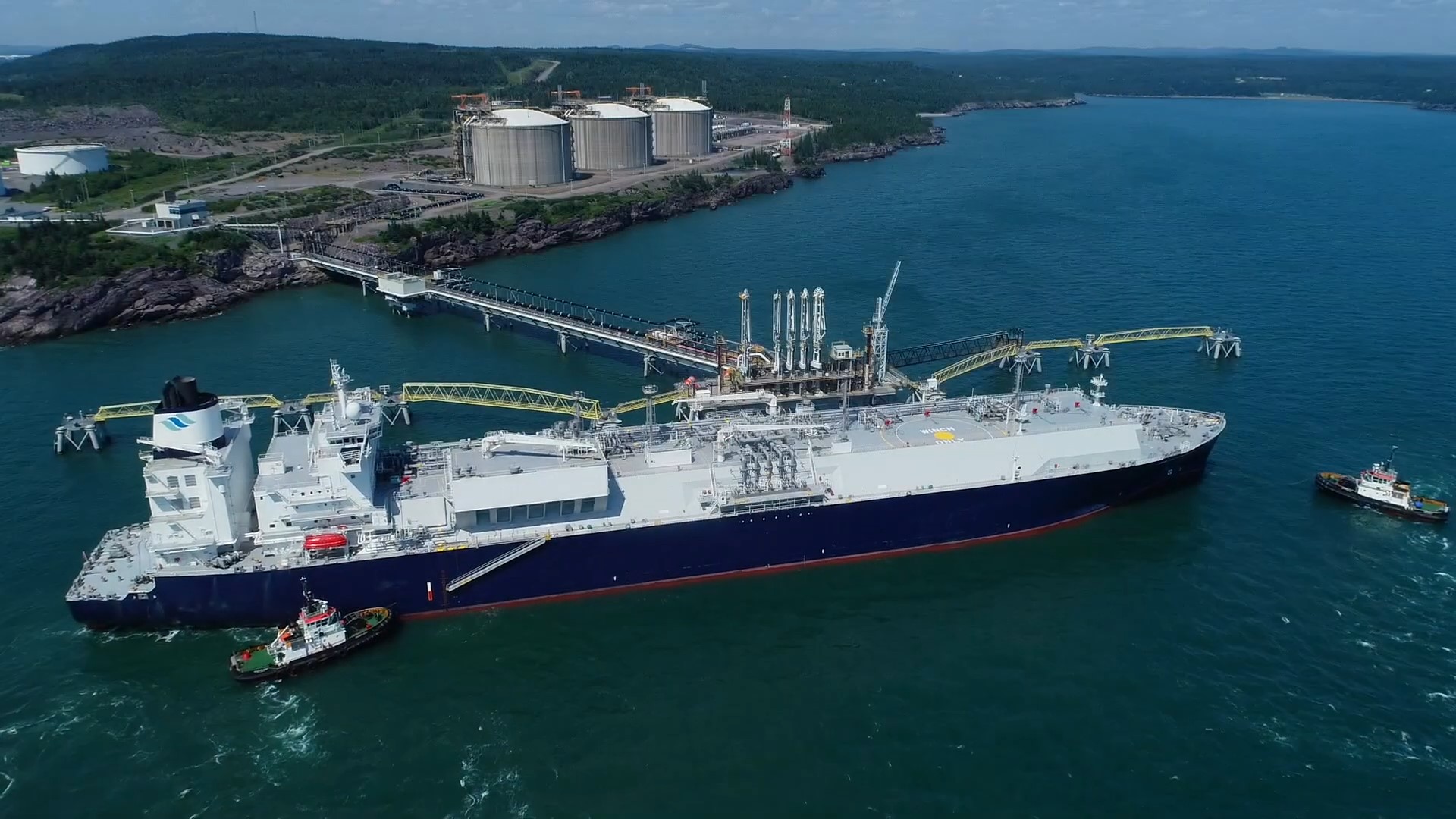Repsol’s Saint John LNG import facility in New Brunswick, Canada has selected Galileo Technologies to provide its boil-off gas compression and reliquefaction solutions.
Galileo said in a statement issued on Tuesday that this project aims to address the challenge of boil-off gas (BOG), a part of normal operations in the LNG industry.
Traditionally, BOG is compressed and sent back to the pipeline. Through the installation of Galileo’s reliquefaction solution, Saint John LNG will be able to recover and store this resource to serve the market, especially during times of high demand, it said.
The agreement includes the design, fabrication, and installation of 8 BOG compressors, 15 Cryobox units, and also associated utility packages, which will be provided from Galileo’s manufacturing center in Middlesex, New Jersey.
Galileo did not provide the price tag of the contract.
The firm said that the impact of this project is “substantial”, with the potential to reliquefy about 10 million standard cubic feet per day (mmscfd) of natural gas, equivalent to 120,000 gallons of LNG.
By implementing compression and reliquefaction technologies, the new technology will enhance operational efficiency as well as improve service to local customers, Galileo said.

Saint John LNG
Last year, Spanish energy firm Repsol scrapped its plans to export LNG from its Saint John LNG import terminal in Canada.
“Following a study carried out by the company, it was determined to not continue with the Saint John liquefaction project as the tolls associated to it made it uneconomical,” Repsol said.
Saint John LNG was proposing an expansion to its LNG facility by adding liquefaction capability of 2 mtpa.
Repsol is the sole owner of Saint John LNG, previously known as Canaport LNG, after it purchased Irving Oil’s stake in the plant in 2021.
Launched in 2009, Canada’s first receiving and regasification terminal has a maximum sendout capacity of 1.2 billion cubic feet or 28 million cubic meters of natural gas per day.
In addition, it also has three storage tanks with each having a capacity of 3.3 billion cubic feet, according to its website.
The 7.5 mtpa terminal is severely underutilized and rarely receives LNG cargoes.
Repsol’s 2023 annual report shows that the Saint John LNG terminal regasifed 8 TBtu in 2023 and 10 TBtu in 2022.

